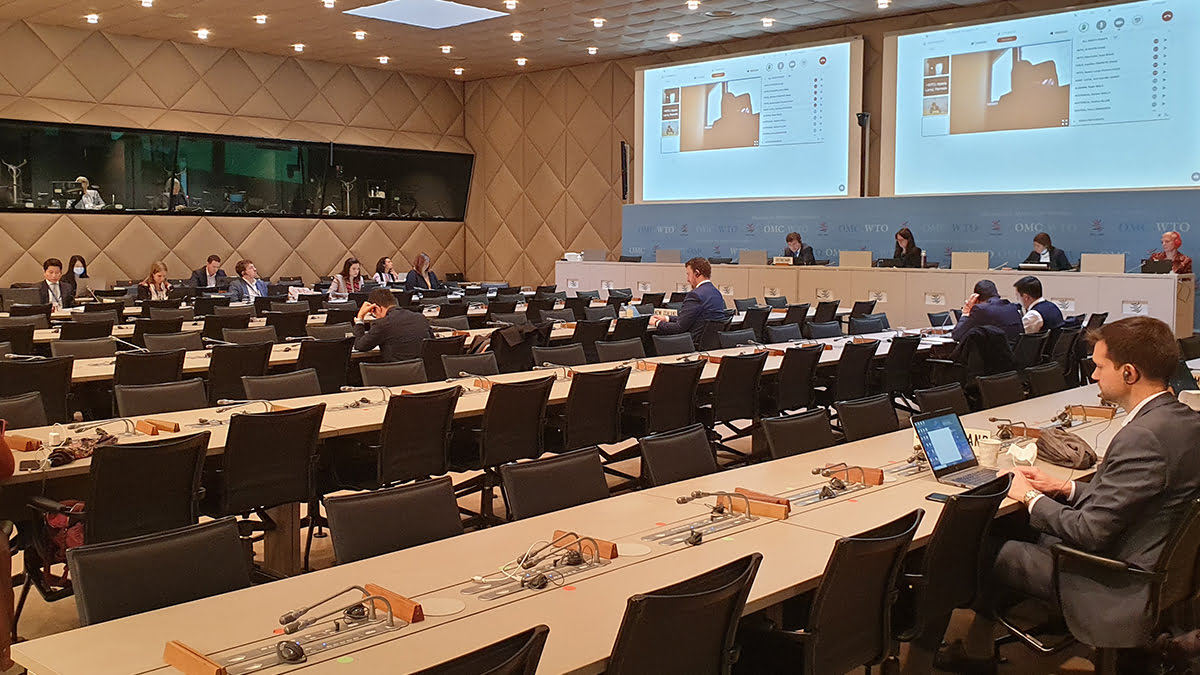The coordinator of the structured discussions on investment facilitation for development, Ambassador-designate of Chile Mathias Francke, stressed that negotiations were characterized by “a very high level of engagement” by many participating members. “I see a lot of common ground among delegations, and members’ drafting proposals show many similarities. … I think we had a very rich and productive discussion,” he said.
Two additional formal negotiating rounds are scheduled up to December 2020, with the possibility of adding inter-sessional meetings as needed. The coordinator announced that the first inter-sessional meeting will take place on 29 October to go through drafting suggestions he will put forward on elements of Section II (Transparency of Investment Measures) and Section III (Streamlining and Speeding Up Administrative Procedures and Requirements) of the informal consolidated text discussed so far.
The next negotiating round will be held on 9-10 November, with an additional meeting scheduled for 7-8 December. “I hope this will enable us to move ahead in this process, so that collectively we can show concrete results by the end of the year,” the coordinator said.
Participants in the structured discussions on investment facilitation for development officially kick-started on 25 September 2020 formal negotiations to reach a multilateral agreement on this issue, as envisaged in the Joint Ministerial Statement on Investment Facilitation for Development launched at the 11th Ministerial Conference held in December 2017 in Buenos Aires and in the second Joint Statement on Investment Facilitation for Development issued on 22 November 2019.
The joint initiative on investment facilitation for development is member-driven, transparent, inclusive and open to all WTO members. It currently has the participation of 105 members, up from the 70 that supported the Buenos Aires declaration three years ago.
In the context of the WTO, investment facilitation means the setting up of a more transparent, efficient and investment-friendly business climate by making it easier for domestic and foreign investors to invest, conduct their day-to-day business and expand their existing investments.
The focus on investment facilitation comes with the recognition that in today’s integrated global economy, expanding investment flows, like trade flows, depend on simplifying, speeding up and coordinating processes. Indeed, in many cases, the bottlenecks, inefficiencies and uncertainties that investment facilitation seeks to address arise from unnecessary red tape, bureaucratic overlap or out-of-date procedures which can become costly impediments to investment.






